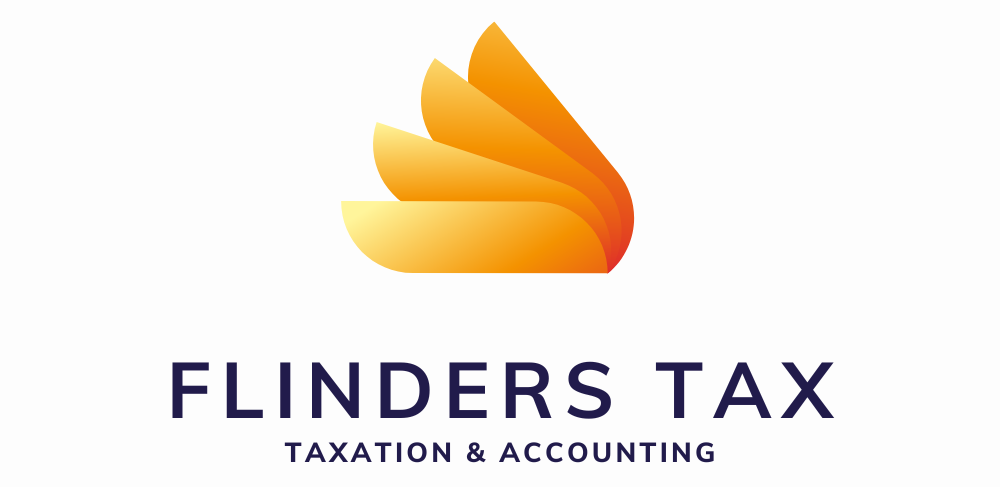The total cost of advertising
You can claim the cost of advertising your business via newspaper, radio or television.
The cost of clothing you use solely for earning income – including costumes and lingerie. You can’t claim a deduction for items such as dresses, skirts, blouses, trousers, shirts and shoes for everyday use.
The cost of consumable items you use solely for earning income – including condoms, lubricants, gels, oils and tissues.
The cost of stage make-up and products you use for removing stage make-up. Some brands of make-up sold in department stores are considered stage make-up, and some stage make-up stores sell make-up that is not grease-paint based. In both of these cases, you can claim the costs of this make-up. You can’t claim a deduction for the cost of general hairdressing and make-up or beauty treatments.
The cost of classes you take to maintain your existing dance skills, or to learn new dance skills.
You can’t claim a tax deduction for the cost of maintaining your general fitness and body shape – because it is private nature
The cost of your motor vehicle expenses if you use your motor vehicle in the course of operating your business – for example, to travel from client to client. Unless you use your home as a place of business, you generally cannot claim the cost of travel between your home and place of work.
You can claim a part of your telephone rental and the cost of your business phone calls – if you operate your business from home and you maintain only one telephone – mobile or landline
You can claim a deduction for all related expenses – if you use your phone – mobile or landline – solely for business (this would usually be a second phone)
You can claim a deduction for business calls and part of the rental cost – if you use a phone for both business and private calls. Use the following formula to work out the percentage of phone rental expenses you can claim:
Number of business calls you made and received X 100
Number of total calls made and received
You can identify business calls from an itemised phone account. If you do not have an itemised account, you can keep a record for a representative four-week period to work out a pattern of business calls for the entire year (provided you have a regular pattern of use throughout the year).
You can’t claim:
- installation or connection costs
- expenses incurred for the early cancellation of a mobile phone contract (these are not an allowable deduction because they’re not incurred in gaining assessable income and are of a capital nature)
- cost of an unlisted telephone number.
The cost of replacing or repairing equipment – Such as fetish equipment, adult novelties (such as vibrators), and other items you use in your work.
The cost of buying equipment – You can’t claim the full cost of such items in the year you purchased them because they are classified as capital expenses. However, these can be depreciated or ‘written down’ over their effective life.
You can immediately depreciate the total cost of capital items you purchase for less than $20,000 if both of the following apply:
- you operate a small business, and
- you have elected to use the small business entity provisions.
The cost of preparing income tax returns and activity statements
The cost of making Object or appeal against an assessment
The costs of you get professional tax advice from a registered tax agent, barrister or a solicitor.
Running costs you incur to run your office or room for business purposes – such as electricity, cleaning costs, or depreciation of equipment and fittings
Occupancy costs you incur only if you own a house and use an area as a place of business – such as rates, mortgage interest paid and other expenses. However, capital gains tax will apply when you sell your home.
The following factors can help you decide whether the area of your home you use has the character of a ‘place of business’. The area needs to be:
- clearly identifiable as a place of business
- not readily suitable or adaptable for use for private or domestic purposes in association with the home generally
- used exclusively or almost exclusively for carrying on a business
- used regularly for visits of clients or customers.
You can claim a deduction for a portion of your rent and your electricity and water as business expenses If you rent your home
The cost of all expenses you incur in maintaining separate premises that you use solely for work including rental of work premises (hourly rental costs)
Records you must keep
Receipts of your work-related expenses for which you intend to claim an income tax deduction.
You don’t need receipts if your work-related expenses are $300 or less, but you must be able to show the deduction relates to your income and how you calculated the amount you claimed.
If you claim more than $300 for work-related expenses, you need to keep written records as evidence of the whole amount, not just the amount over $300. The $300 does not include claims for car, meal allowance and travel allowance expenses – there are special written evidence rules for these claims. We accept a wide range of documents as written records of your claim, including:
- paper or electronic copies of documents such as invoices, receipts or delivery notes
- statements from financial institutions, such as credit card statements
- BPAY® receipt numbers
- pay as you go payment summaries
- warranty documents.
You need to keep your written evidence of work-related expenses for five years from the due date for lodging your tax return. If you lodge your return after the due date, the five years start from this later date.
